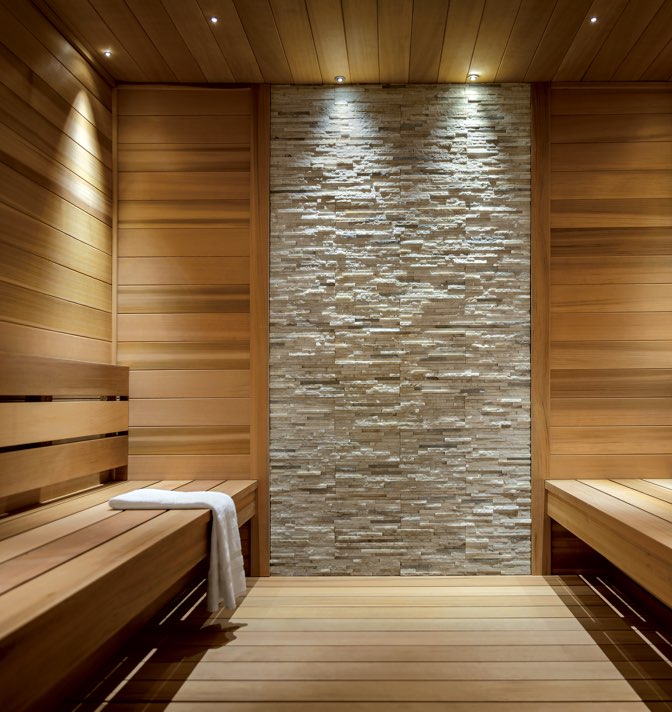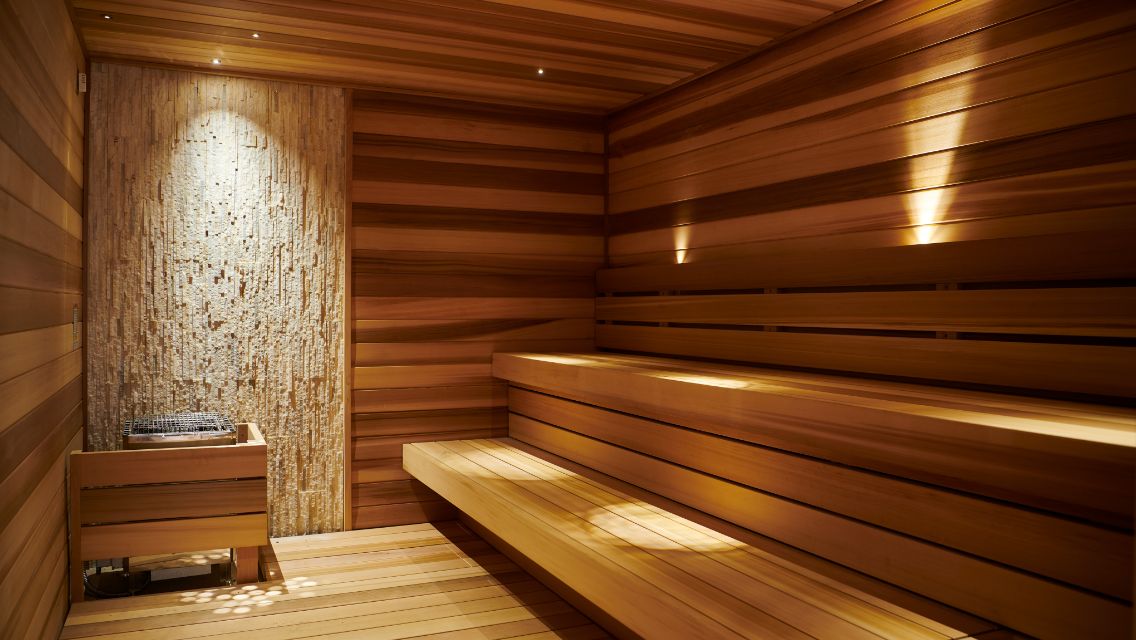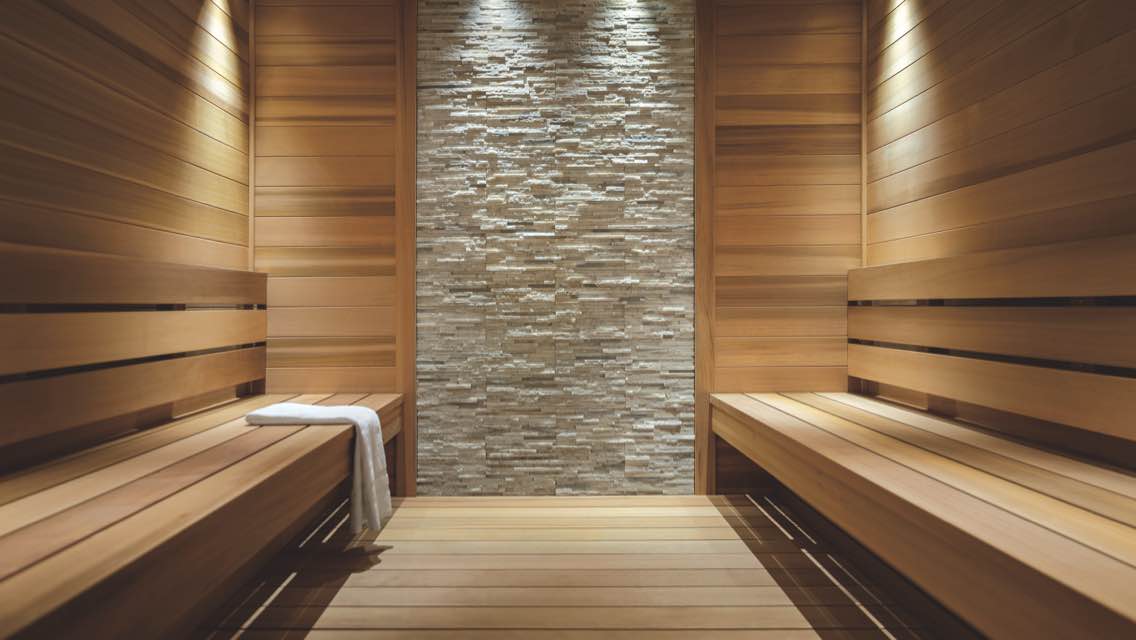The sauna is popular for its many health benefits, including postworkout recovery, reduced pain and stiffness, and improved heart health. And while it may seem that more time equals more advantages, experts warn that it is possible to spend too much time in the sauna.
“Due to the high temperatures, spending too much time in a sauna can lead to dehydration, heat exhaustion, or even heatstroke,” says Lindsay Ogden, CPT, Dynamic Personal Trainer, and fitness and nutrition coach at Life Time in Eden Prairie, Minn. “Monitoring your time ensures you get the benefits without overburdening your body. The goal is to use the sauna for relaxation and health while avoiding the tipping point into discomfort or risks.”
If you’re new to using the sauna, consult with your healthcare provider first, Ogden advises, especially for those with asthma or other breathing conditions, heart disease, blood pressure issues, or epilepsy, or those who are pregnant.
Once you’re ready to step inside, the key is to start slow. The American College of Sports Medicine recommends beginners stay in the sauna for no longer than five to 10 minutes, and 10 to 20 minutes at maximum for more regular users.
“While some experienced sauna users may turn the sauna into a longer social event, it is possible to overdo it,” says Ogden. “If at any point you feel unwell, overheated, dizzy, or have a rapid heart rate, it’s time to exit.”
To get the most out of your time in the sauna, Ogden shares a few other top tips:
- Stay hydrated: Drink at least one full glass of water before and after using a sauna to avoid dehydration. Adding electrolytes can help even more.
- Be mindful of eating and drinking around usage: Try not to eat a large meal prior to using a sauna as it can lead to discomfort or nausea. And don’t drink alcohol before, during, or after sauna use, as that can further dehydrate your body.
- Cool down properly: Allow your body to cool down gradually for at least 10 minutes before entering the sauna after a workout. After exiting the sauna, a lukewarm or cold shower can be refreshing.
- Focus on your breath: The high temperature of the sauna is stressful on the body; controlling your breath rate can help teach your nervous system to better respond.
Learn more about maximizing the benefits of the sauna: “Taking the Heat”





